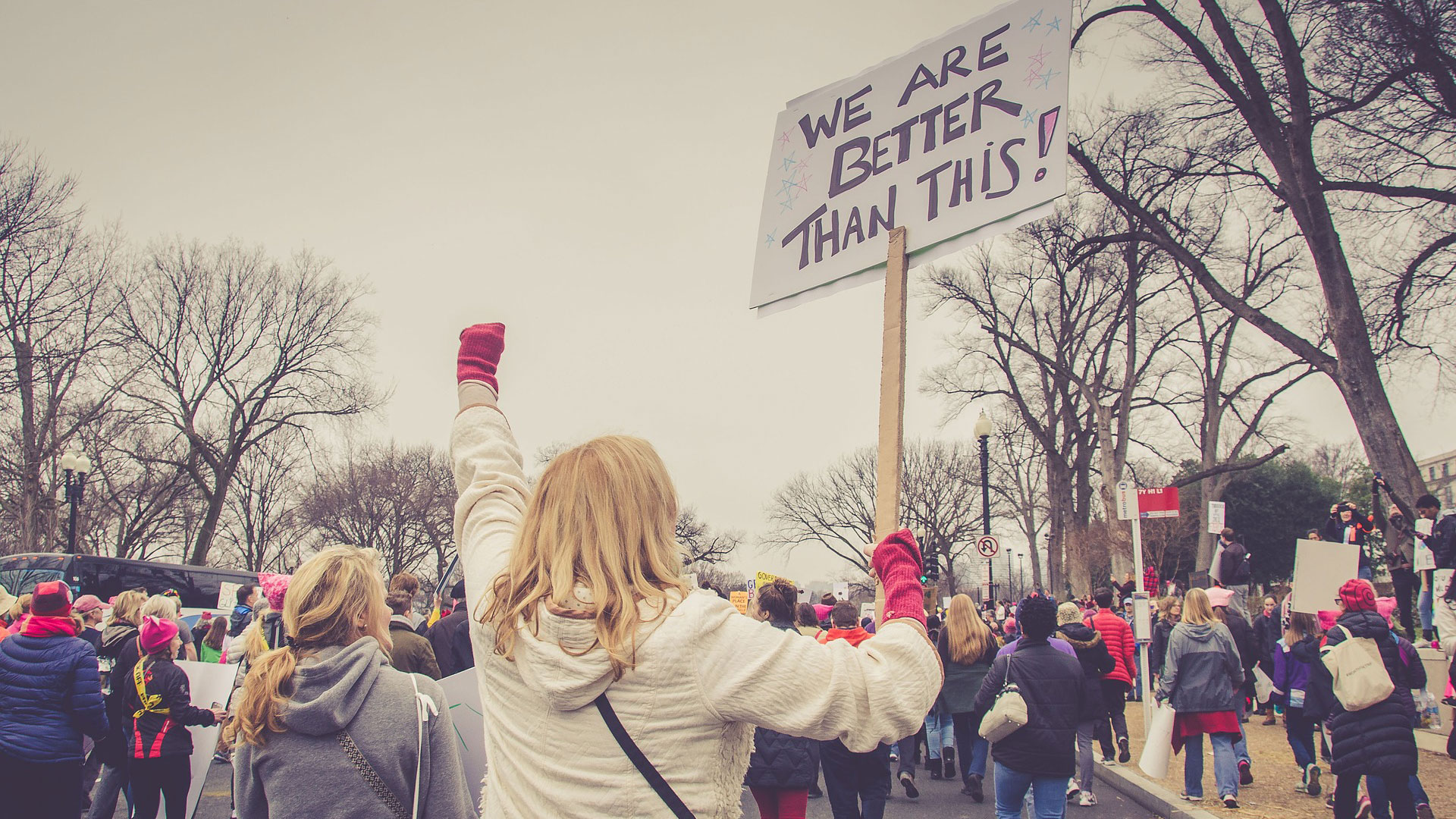The findings of the VictimFocus report are strikingly at odds with official government figures for violence against women. The Home Office says that in the UK, one in four women will experience domestic abuse and one in five sexual assault during her lifetime.
However, campaigners have long questioned whether these figures accurately represent the scale of the problem. The #metoo movement sought to show that violence against women was much more common than widely believed.
We need to start naming this as a problem of male violence against women.Andrea Simon, Director of End Violence Against Women Coalition
Andrea Simon, Director of End Violence Against Women Coalition
Andrea Simon, director of End Violence Against Women Coalition, a UK-based coalition of individuals and organisations which campaigns to end all forms of violence against women, said abusive experiences are “all too commonplace” for women.
“Almost all women will be able to recount a catalogue of incidents which fit within the continuum of violence against women and girls,” she added.
“The report points out that we should be talking about near 100% of women, if we are describing the range of abusive experiences that are all too commonplace across the lifetime of women and girls.
“Harassment and abuse is so pervasive and persistent, because it is linked to wider issues of gender inequality in society, and how some men feel they are entitled to treat women. When that intersects with other oppressions based on race, class, disability, etc, it creates further inequality for women.
Advertising helps fund Big Issue’s mission to end poverty
“The report finds the majority of perpetrators are men, and so we need to start naming this as a problem of male violence against women, so we can be clear about the societal and behavioural issues we need to tackle if we are to prevent the abuse.”
The VictimFocus study had 22,419 respondents, who all said they were women over 18, residing in the UK. Collectively they said they had been subjected to at least 808,607 acts of violence since birth.
The vast majority of these incidents had never been reported to the police.
The respondents were recruited through social media. The report’s authors said the sample was “generally a good representation of the female population in the UK due to sample size, ethnicity and age spread”.
However, there were divergences between the sample and the average general UK population on ethnicity, wealth, education, religious belief and age.
The report’s authors defended the choice to conduct the survey online, saying that the methodology allowed for the widest possible sample size. They added that statistics about the prevalence of domestic and sexual violence are frequently contested, or critiqued as being exaggerated or falsified, particularly when statistics are taken from small sample sizes.
Advertising helps fund Big Issue’s mission to end poverty
“We sought to address these methodological issues by creating a study which avoided ambiguous or inaccessible language, was easy to complete and had the largest sample size possible within the timeframe,” they wrote.
The questions in the report were designed to be specific, asking about particular incidents of violence, how many times it happened and who committed the act, rather than using broad terms such as ‘sexual violence’ or ‘abuse’. Previous studies have shown that many women do not identify with these terms and therefore do not consider themselves to be victims.
The report includes a wide-ranging series of recommendations for tackling the problem, including action points for the police, the criminal justice system, education, academia, social care, government, media and health services.
The Home Office questioned the reliability of the model used in the study, saying they only use statistics that have undergone the necessary quality assurance processes.
A Home Office spokesperson added: “Protecting women and girls from violence and abuse a key priority for the government.
“Following the tragic case of Sarah Everard and the subsequent outpouring of stories from victims and survivors, we reopened the call for evidence on violence against women and girls, to hear views on this hugely important issue. The total 180,000 responses received will inform our new Tackling Violence Against Women and Girls Strategy, to be published later this year.
Advertising helps fund Big Issue’s mission to end poverty
“The government has also taken immediate steps to provide further reassurance for women and girls, including more than doubling the Safer Streets fund to £45 million, to provide measures such as better street lighting and CCTV, as well as the introduction of protective tools such as Sexual Harm Prevention Orders, Sexual Risk Orders and Stalking Protection Orders.”









